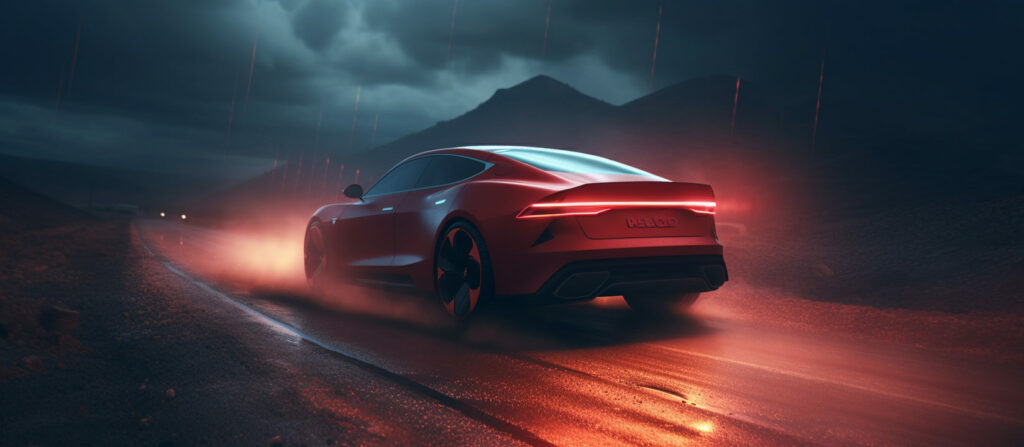As the world shifts towards a more sustainable future, Nissan, a pioneer in the electric vehicle (EV) industry, is leading the charge with its ambitious plans and innovative models. The Japanese automaker is not only revolutionizing the EV market but also shaping the future of mobility.

Nissan’s Ambitious EV Plans
Nissan has announced its ambitious plans to expand its electric vehicle lineup by 2023. The company aims to launch seven new EVs, further cementing its position as a leader in the EV market.
“Our goal is to ensure that electric vehicles become the norm, not the exception,” said Nissan CEO Makoto Uchida.
This bold statement underscores Nissan’s commitment to a greener future and its dedication to leading the EV revolution.
Innovative Models: Nissan Ariya and Nissan Leaf
Among the new models is the Nissan Ariya, a fully electric SUV that combines cutting-edge technology with stunning design. The Ariya is expected to be a game-changer in the EV market, offering a range of up to 300 miles on a single charge.
The Nissan Leaf, one of the world’s best-selling EVs, continues to impress with its latest upgrades. The new Leaf boasts a more powerful motor, longer range, and advanced features, making it an excellent choice for those looking to switch to an electric vehicle.
Shaping the Future of Mobility
Nissan’s commitment to electric vehicles extends beyond just producing cars. The company is also investing heavily in charging infrastructure and battery technology, ensuring that EV owners have access to convenient and fast charging options.
- Charging Infrastructure: Nissan is working on expanding its charging network, making it easier for EV owners to find a charging station when they need one.
- Battery Technology: The company is also investing in advanced battery technology to increase the range and efficiency of its electric vehicles.
The Impact of Nissan’s Electric Revolution
Nissan’s electric revolution is not just about cars; it’s about creating a sustainable future. By investing in electric vehicles and related technologies, Nissan is playing a crucial role in reducing carbon emissions and promoting sustainable mobility.
In conclusion, Nissan’s electric revolution is a testament to the company’s commitment to innovation and sustainability. With its ambitious plans and innovative models, Nissan is not just shaping the future of the EV market, but also paving the way for a more sustainable world.
References and Facts
Here are some related news and facts about Nissan’s adoption of the North American Charging Standard (NACS) for future EV models and the boost in charging options:
- Nissan has reached an agreement with Tesla to adopt the North American Charging Standard (NACS) beginning in 2025, providing Nissan customers with access to Tesla’s charging network1.
- From 2024, Nissan will provide NACS charging adapters with its Ariya EV models currently equipped with CCS to enable them to charge on Tesla’s network2.
- Starting early next year, Nissan Ariyas will be sold with an NACS adapter, which will allow Ariya owners to maximize their charging options at public charging stations3.
- Nissan LEAF charging is simple and easy, and there are different types of electric vehicle charging options, charging times, and where to charge4.
- The 2024 Nissan LEAF is on sale now with a starting price below $30,000, making it one of the most accessible EV options in the US. However, Nissan has failed to update the inferior CHAdeMO charging plug once again, which should have been replaced years ago5.
- Nissan continues to stick with the substandard CHAdeMO charging plug, which is less convenient and harder to find than the more conventional CSS port. Despite this, Nissan still includes the outdated charging plug in the 2024 LEAF, which is now on sale5.
- BMW and Nissan have partnered to deploy dual fast-charging stations with both CHAdeMO and CCS (Combo) connectors, serving owners of both Nissan LEAF and BMW i3 electric vehicles6.